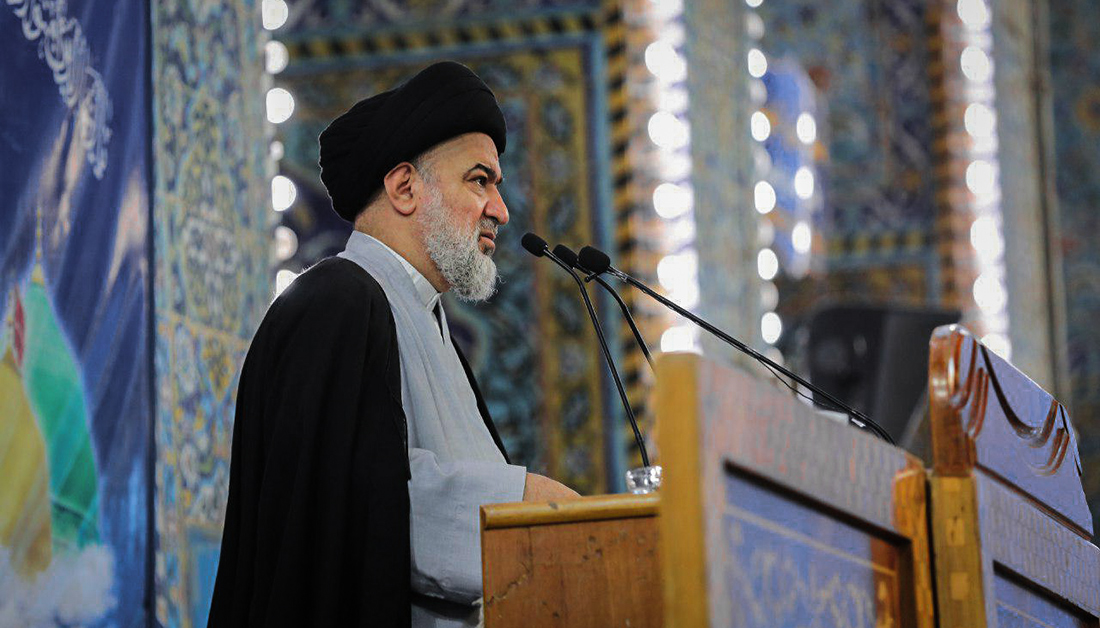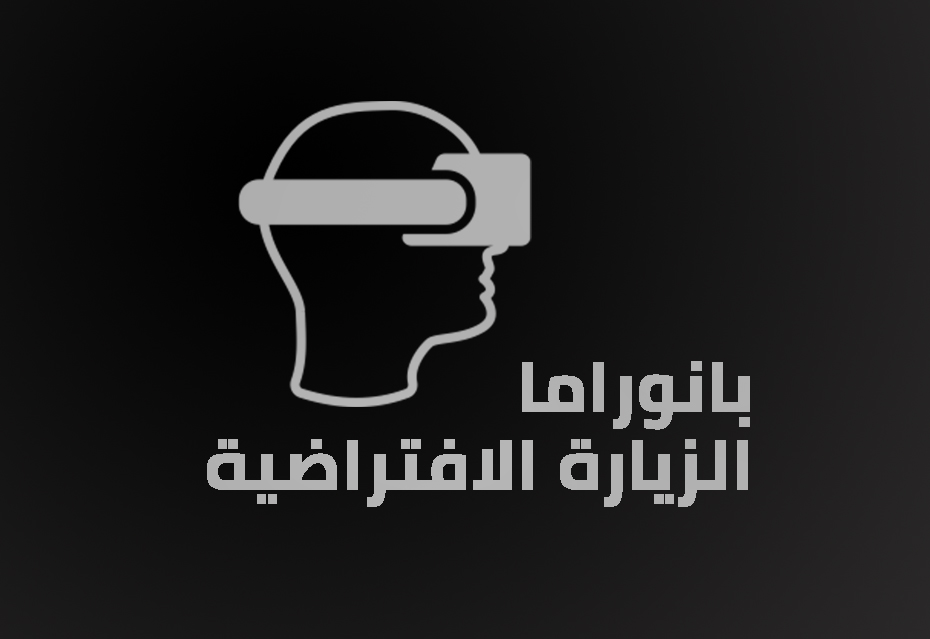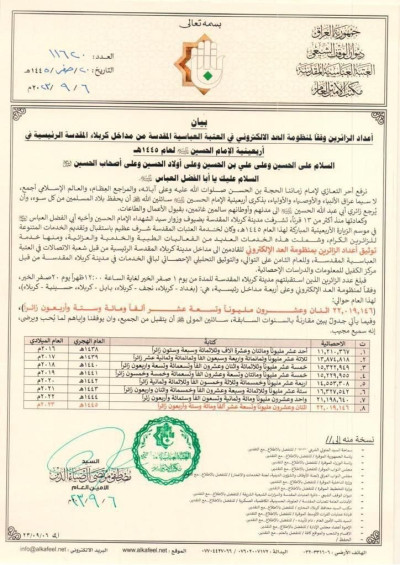Friday, November 30, 2018, representative of the Shia Muslim Supreme Religious Authority, sayyid Ahmed EsSafey delivered Friday’s sermon, at the Imam Hussain Shrine, which he started by citing a quote by Imam Ali (Peace Be Upon Him), saying, “Imam Ali (Peace Be Upon Him) said, ‘No richness is like intellect, no poorness is like ignorance, no inheritance is like politeness, and no assistance guiding toward an appropriate decision is like brainstorming.’”
EsSafey said that every society has problems, but those problems are trivial, if they are analyzed in terms of finding their causes, and therefore should not lead to serious problems.
“Man-made law and the divine law have limits, and whoever exceeds the limits has to bear the consequences. And both laws don’t allow causing any type of harm to others,” Essafey added.
He said further that God has granted the human beings a mind, which is a device that guides the human before laws tell them what is right and what is wrong.
The problem, EsSafey added further, lies in the society’s atmosphere that, sometimes, leads one to do something they’re not convinced to do, but one might do so because they either want to get along with the society, are afraid of something, or have been raised immorally, and if such a person – who behaves immorally – is put in a place alone and shown their unacceptable demeanor, they will not accept that and say, “I should never do such things.”
EsSafey noted, “Imam Ali (Peace Be Upon Him) indicates that the value of the human being lies in their mind, and the human mind (intelligence) is not comparable to richness. The mind guides the human to behave appropriately where other humans remain comfortable,” adding that a rational enemy is better than an ignorant friend, for it is possible to deal with the rational enemy, but not with the ignorant friend.
He continued, saying: “Poorness is neither shame not a problem, for there have been many prophets, clerics, and reformers who lived a poor life. Some of those poor people would read in the moonlight, because they couldn’t afford buying fuel for a lantern. Shame is when one is ignorant; an ignorant person is deemed the poorest human, and ignorance can end when knowledge takes over.”
EsSafey also noted that not only do ignorant people affect themselves, but they also affect other people. He added, saying “When a poor person is asked if they are poor, they say, ‘Yes;’ when a sick person is asked if they are sick, they say, ‘Yes;’ but when an ignorant person is told they are ignorant, they refuse that.”
He then said, “Ignorant people are now in power—can they guide their people‽” He also noted that Imam Ali (Peace Be Upon Him) wanted to draw people’s attention to the fact that ignorant people neither can properly communicate with intelligent people nor can benefit them.”
A person can inherit politeness, as Imam Ali (Peace Be Upon Him) says, EsSafey mentioned further, and nothing inherited is better than politeness, noting that politeness shapes up the human’s personality, for it is the gate to learning, appreciating others, in addition to the fact that it is a great merit for one to be known as polite.
EsSafey concluded, “’No assistance toward an appropriate decision is like brainstorming,’ this is part of Imam Ali’s (Peace Be Upon Him) saying—brainstorming is great assistance for people in order to arrive at the best decision, and people should always ask one another, before they do something, seek advice, and discuss opinions in order to do the right thing. Reformers and wise people are known for brainstorming, and such people always do the right thing.”
Editing: Wela EsSeffar
Translation: Mohammed Alobaidi












اترك تعليق